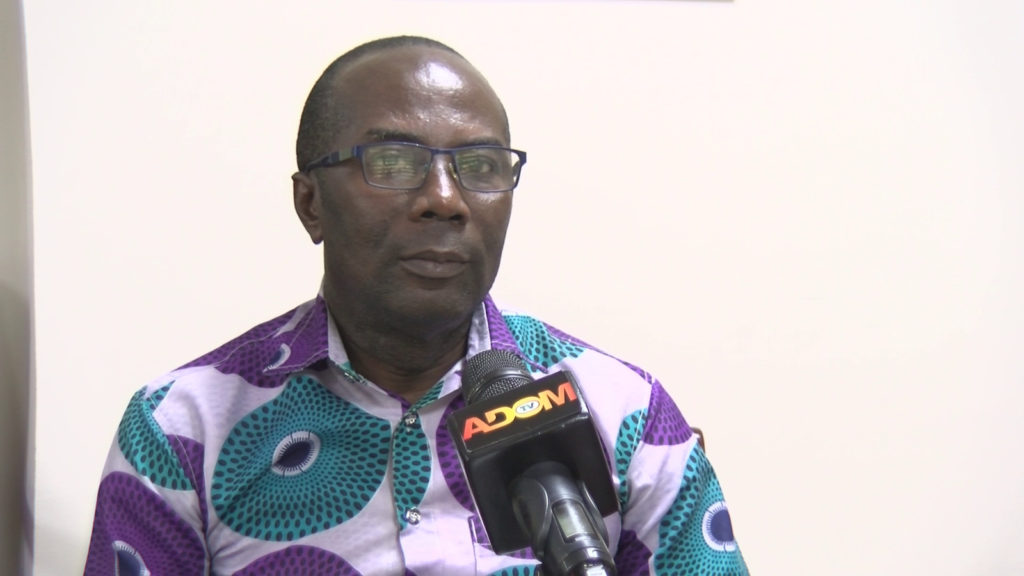adverts
IET-GH President Proposes Incorporating Road Tolls into Roadworthy Certificate Renewals
The President of the Institution of Engineering Technology Ghana (IET-GH), Henry Kwadwo Boateng, has proposed a significant shift in road toll collection to address inefficiencies and inequities in the current system.
He suggested that road toll payments be incorporated into the annual renewal of roadworthy certificates, eliminating the need for tollbooths and their associated challenges.
Mr. Boateng argued that the tollbooth system disproportionately affects certain commuters, particularly those travelling daily on high-traffic routes like Kasoa to Accra. These road users often face delays and frustration, especially during adverse weather conditions.
adverts
Conversely, residents in affluent areas such as Cantonments, East Legon, and Airport Residential Area, who frequently use well-maintained roads, are not subjected to toll charges, creating an imbalance in the burden of toll payments.
“This means we have to scrap all the tollbooths and reintroduce a system where vehicle owners can pay during the renewal of their roadworthy certificates,” Mr. Boateng said in an interview with the Daily Graphic.
Under the proposed system, desks managed by physically challenged individuals would be set up at Driver and Vehicle Licensing Authority (DVLA) offices to facilitate toll payments. Vehicle owners would pay their tolls as part of the process for renewing roadworthy certificates, with fees deposited into a designated account for road maintenance.
The suggested payment structure includes:
- Smaller vehicles: A daily toll fee of 50 pesewas, calculated annually.
- Buses and heavy trucks: Higher annual fees based on their size and road impact.
- Foreign trucks: Toll fees are collected at border posts, determined by their duration of operation in Ghana.
Mr. Boateng also proposed allocating a percentage of toll revenue to Metropolitan, Municipal, and District Assemblies (MMDAs). These funds would support road improvement projects through a dedicated Road Improvement Programme (DRIP), ensuring roads in various localities remain in good condition.
The proposed system offers several advantages:
- Reduced Traffic Congestion: Removing tollbooths would eliminate bottlenecks at collection points, easing traffic flow.
- Minimised Road Degradation: Heavy traffic at tollbooths often leads to road wear in those areas, a problem that would be mitigated.
- Equitable Toll Collection: By linking toll payments to roadworthiness renewals, the burden of tolls would be shared more evenly across all vehicle owners.
- Improved Revenue Management: A streamlined system would ensure efficient collection and allocation of funds for road maintenance and infrastructure development.
The call for a review of toll collection comes amid plans by the new government to reintroduce road tolls, as confirmed by the finance minister-designate, Cassiel Ato Forson, during his vetting.
He assured the Appointments Committee that reintroducing road tolls aligns with the National Democratic Congress (NDC) 2024 manifesto.
“The NDC indicated from day one that the road toll would come back. We are not running away from it, so I want to assure you that we are a party that sticks to our promises,” Mr. Forson said.
The proposed system by Mr. Boateng is seen as a potential solution to long-standing issues associated with tollbooths, promising a more efficient and fair approach to road maintenance funding. It remains to be seen how the government and relevant stakeholders will respond to the IET-GH president’s recommendations.
Source: Graphiconline


